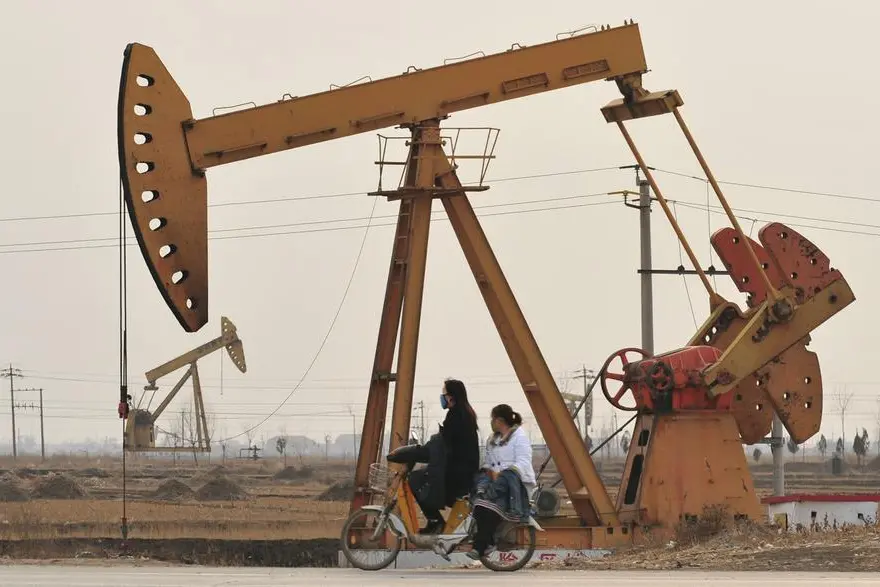PHOTO
China has issued its first refined fuel export quotas for 2024 totalling 19 million metric tons, a volume unchanged from last year's and largely in line with market expectations, Chinese consultancies and multiple trading sources said on Friday.
The quotas, which compared with the 18.99 million tons released in the first batch of such quotas last year, were reported by consultancies JLC and Longzhong, both of which have closely tracked Beijing's fuel quota policy in recent years.
China manages its refined oil exports via a strict quota system, using exports as a tool to balance and ensure the domestic market is sufficiently supplied.
State oil companies Sinopec and CNPC, the top recipients of the quotas that cover diesel, gasoline and aviation fuel, together were granted 13.22 million tons or nearly 70% of total, according to the two consultancies.
Zhejiang Petrochemical Corp remains the only private refiner allotted with the refined fuel export quota totalling 1.73 million tons.
China also released a first tranche of low-sulfur fuel oil (LSFO) quotas amounting to 8 million tons, the same level as last year's, 90% of which went to Sinopec and CNPC, traders with knowledge of the issue said. They spoke on condition of anonymity.
China's domestic demand for gasoline is expected by international agencies to peak in 2024. Sinopec previously said that domestic gasoline demand could have peaked in 2023 following the increased market penetration of electric vehicles.
Domestic demand for diesel has similarly weak growth prospects, as weakness in the country's property market and construction sector weighs on consumption.
Despite this, Chinese gasoline and diesel exports were capped in late 2023 by a lack of available quotas.
China's commerce ministry did not immediately respond to a faxed request for comment.
During the first 11 months of this year, China exported nearly 39 million tonnes of refined fuel, including 14.3 million tons of jet fuel which expanded 56% year-on-year and 13.1 million tons of diesel that was up 61% from year-earlier amount. (Reporting by Chen Aizhu and Trixie Yap; additional reporting by Andrew Hayley in Beijing; editing by Jason Neely, Barbara Lewis and Jane Merriman)





















